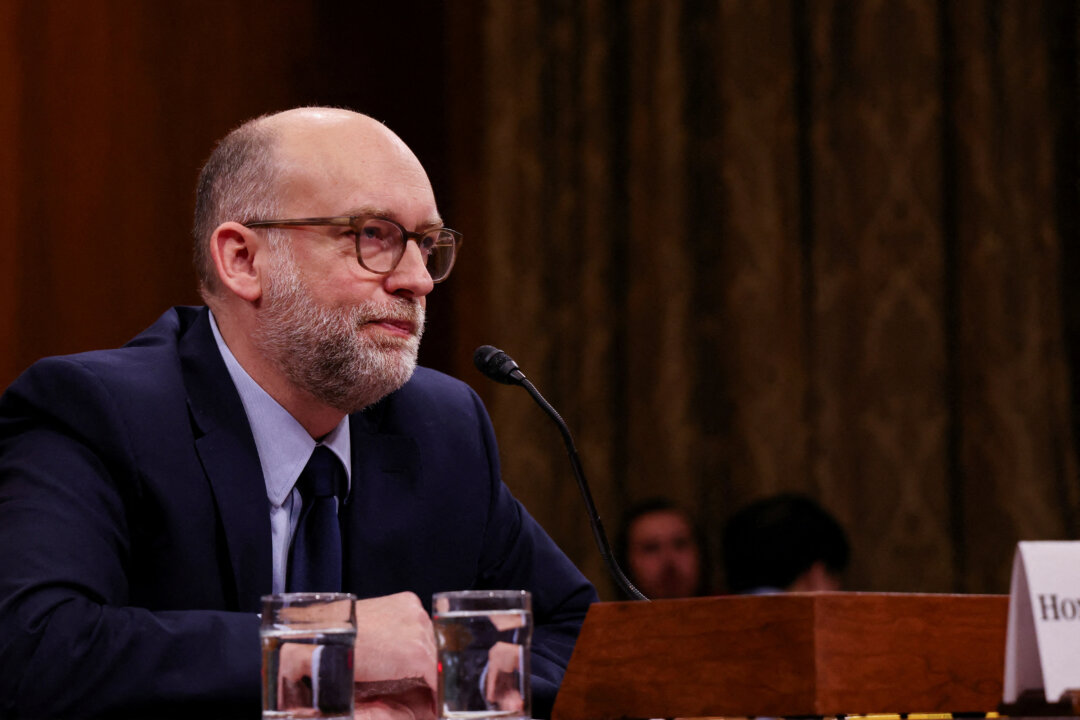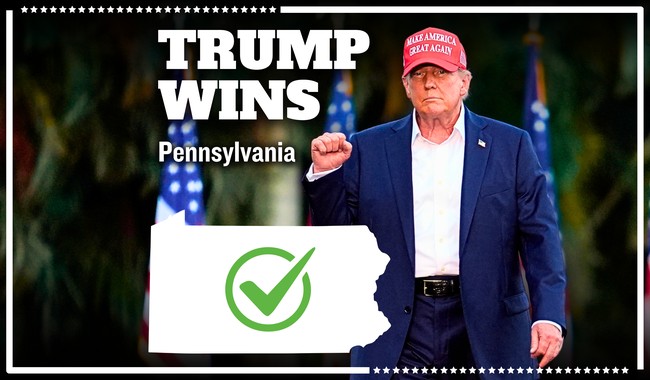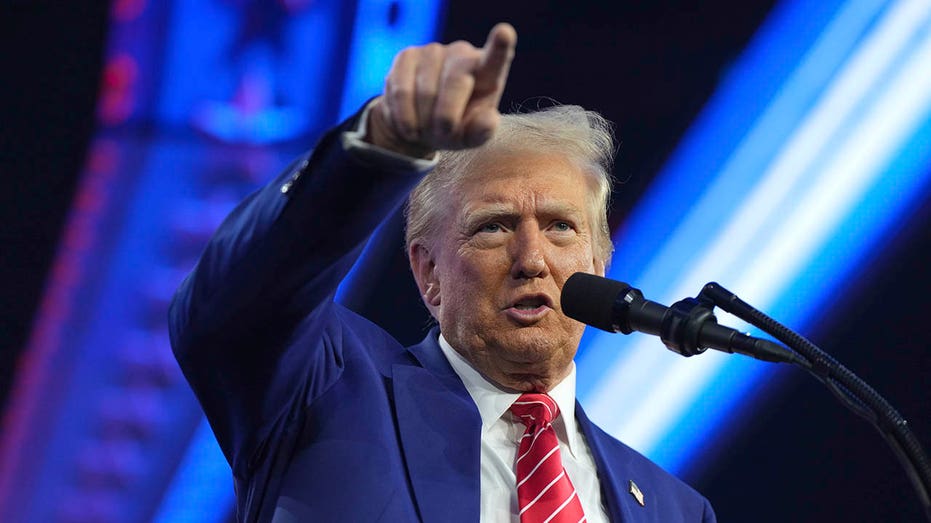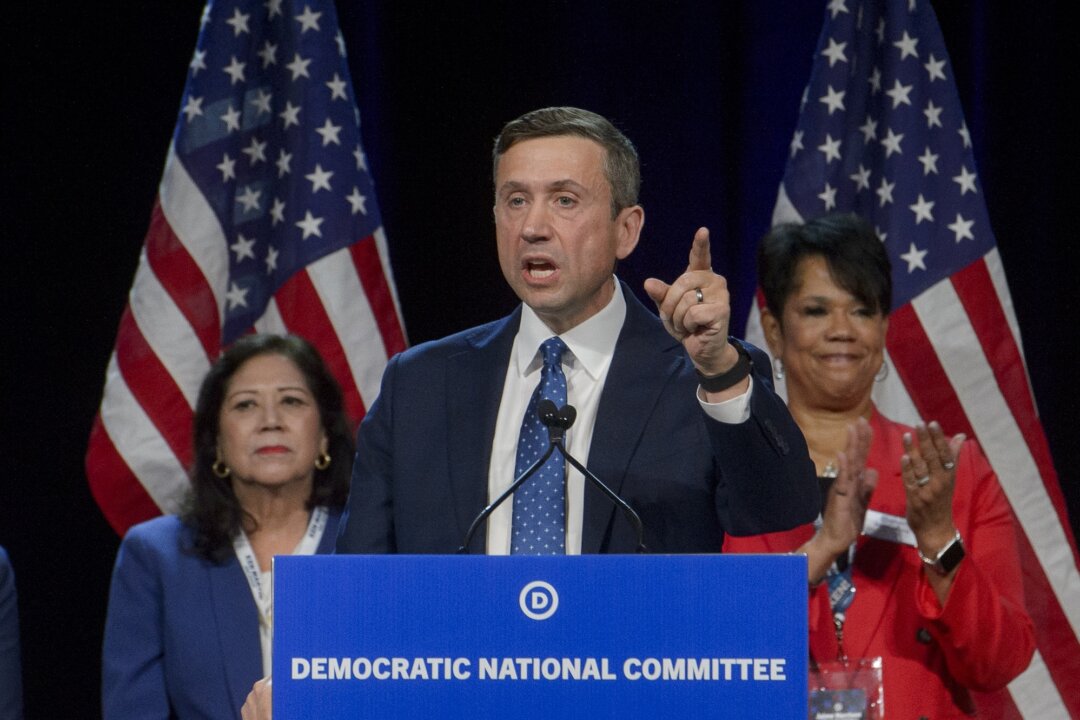

Less than a month into his second term, President Trump has already resumed his aggressive foreign policy, best summed up by a simple mantra: FAFO — “f**k around and find out.”
This phrase, which became the unofficial guiding principle of Trump’s first administration, continues to shape his global strategy. His early move, threatening new tariffs on Canada, Mexico, and China, reinforces this approach.
America is back, with an aggressive foreign policy.
While the slogan may sound irreverent, it reflects a deliberate and forceful shift in U.S. foreign policy.
At the core of FAFO is a dramatic departure from the traditional diplomatic norms that have long defined America’s global posture. Under Trump, the United States has taken a hard line with both allies and adversaries, embracing an “America First” approach.
Trump has made it clear: America will no longer accept lopsided trade deals or unfair international agreements. And he is not afraid to wield economic power to ensure that the nation’s interests come first on the world stage.
What does FAFO mean in the context of foreign diplomacy? It’s about making bold moves without hesitation, challenging long-standing alliances, and demanding that other nations either step up to the plate or face consequences. For some, this was seen as reckless; for others, it was a refreshing change of pace after years of what they considered ineffectual or appeasing policies.
One of the clearest examples of Trump’s FAFO doctrine in action was his approach to NATO during his first term. Traditionally, the United States had served as the alliance’s primary protector and financial backer. Trump, however, demanded that European nations significantly increase their defense spending, making it clear that the U.S. would no longer be NATO’s “sugar daddy.” If allies refused to pay their fair share, they would face the consequences.
This was not just rhetoric — it was the foundation of Trump’s foreign policy.
His trade policies took a similarly aggressive stance, particularly against China. Instead of continuing the traditional path of diplomatic negotiations and trade concessions, Trump imposed tariffs, accused Beijing of unfair trade practices, and directly challenged China’s growing global influence.
In Trump’s view, the U.S. had been “playing nice” for too long while China exploited the system. His administration saw no reason to continue being accommodating — and made sure China felt the pressure.
That strategy remains in effect. On Feb. 2, Trump announced new tariffs on China, Canada, and Mexico — not to start a trade war, as many media outlets falsely claimed, but to pressure these countries into taking action to curb the flow of illegal drugs, especially fentanyl, into the United States.
Would the gambit work?
On Feb. 3, Mexican President Claudia Sheinbaum announced the immediate deployment of 10,000 troops to the U.S.-Mexico border. Canadian Prime Minister Justin Trudeau made a similar announcement later that same day. In response, Trump agreed to delay the tariffs on Mexico and Canada for one month.
Beyond Mexico and Canada, Trump has already scored several major foreign policy victories during his second term — each rooted in his FAFO strategy.
Colombia has agreed to accept flights of repatriated citizens who entered the United States illegally after first refusing to accept them. The change? Again, Trump threatened tariffs. Colombia capitulated and is accepting its citizens back into the country.
Venezuela freed six Americans who were being held illegally in the country after a very brief meeting with U.S. special envoy Richard Grenell. Venezuela has also agreed to accept the repatriation of its citizens illegally in the United States, including members of the brutal Venezuelan gang Tren de Aragua.
Trump also decided to take out several leaders of ISIS in Somalia last weekend, launching airstrikes.
And, just for good measure, newly confirmed Secretary of State Marco Rubio secured a commitment from Panama to withdraw from China’s Belt and Road Initiative and to maintain its sovereignty over the Panama Canal.
America is back, with an aggressive foreign policy. For those countries that do not believe it or want to challenge the new approach, Trump has shown that he has one thing to say: FAFO.
.png)
 3 hours ago
4
3 hours ago
4













 English (US)
English (US)